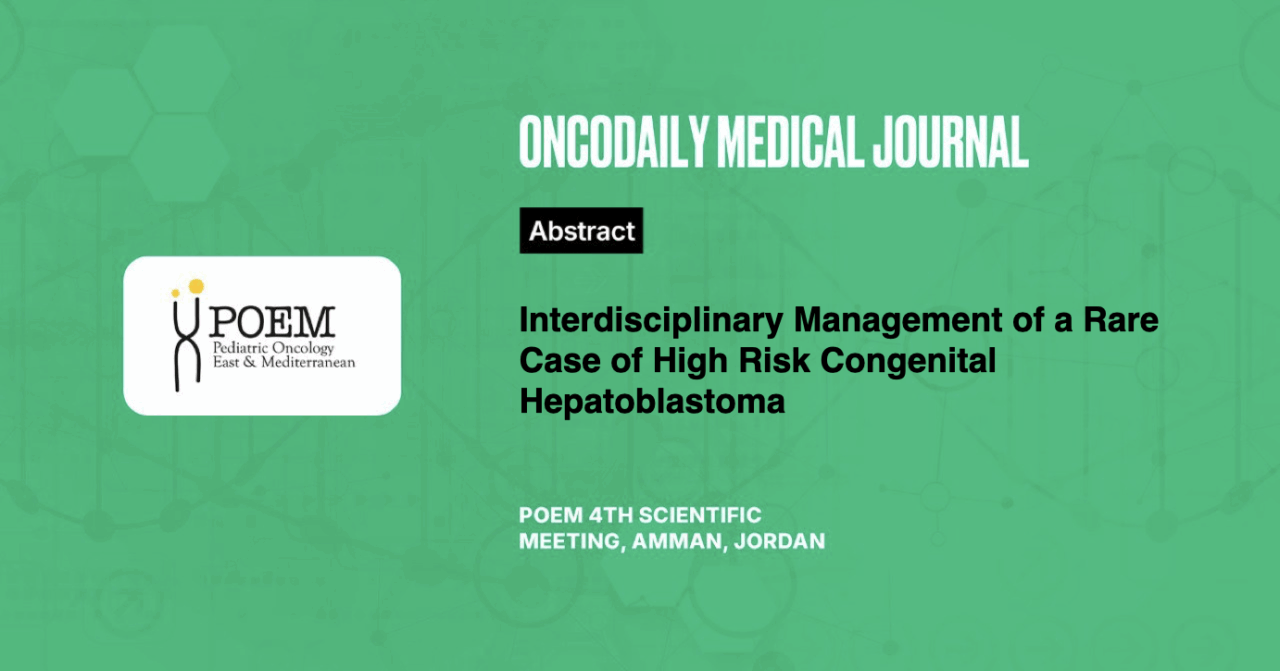Interdisciplinary Management of a Rare Case of High Risk Congenital Hepatoblastoma
Abstract
Introduction: Congenital hepatoblastoma (CHB) is a rare tumour (<10% of all HB cases), and is usually diagnosed during the fetal period or within 3 months after birth. Early diagnosis and management are crucial for improving outcomes. Here, we present the case of a high-risk antenatally detected hepatoblastoma. The baby’s tumor responded extremely well to the chemotherapy, and despite the tumor’s size, the surgical team was able to completely excise the tumor and obviate the need for a liver transplant.
Methodology: This is a case report.
Results: The baby was diagnosed with a liver mass at 33 weeks of gestation and was born at 37 weeks. MRI on Day 2 of life confirmed the large liver mass, and serum AFP remained significantly elevated during the first postnatal week. Biopsy on day 10 of life showed features suggesting Epithelial Hepatoblastoma, Fetal and embryonal pattern. Based on the diagnosis of High-risk Congenital Hepatoblastoma, PRETEXT Stage II, E+, P+, he went on to receive 3 cycles of cisplatin chemotherapy and 4 cycles of PLADO. The chemotherapy cycles were all tolerated well, and there was an excellent clinical response. The child subsequently underwent right extended hepatectomy with IVC and portal vein resection and reconstruction on Day 217 of life. He is alive and well on follow-up, with no developmental delay.
Conclusion: Congenital Hepatoblastoma, though rare and challenging to treat, is most often curable with currently available treatment modalities.





